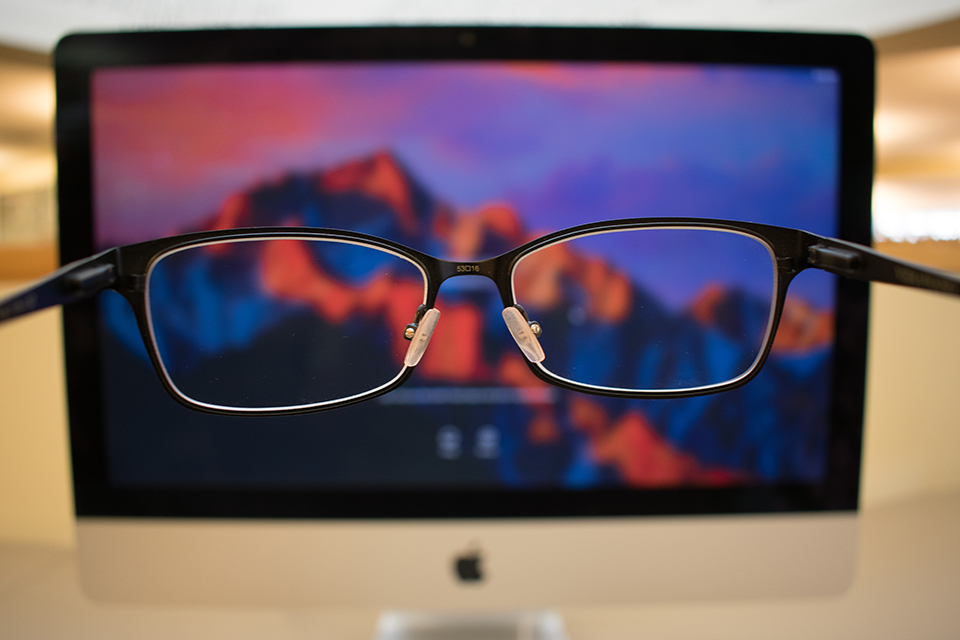In order to better serve visually and hearing impaired students, departments across campus plan to meet the Department of Education’s Office for Civil Rights web accessibility standards by Oct. 1.
a significant project
While several departments, including the Learning Center and Office of Digital Learning and Program Development, already met the requirements, other departments learned of the government’s standards last spring. After submitting their plans to adhere to the standards of adding captions to videos, pairing transcripts with podcasts, having descriptive linked text and having websites navigable with only a keyboard, Biola will have two years to complete the project.
“Essentially, we learned that all publicly available online content that is produced for, hosted by, supported by or linked from the university, or used as part of university activities — whether on the biola.edu domain or a third-party site — must comply with a set of standards,” said Jason Newell, University Communications and Marketing creative director and web accessibility team member in an email.
The project requires large amounts of work for certain departments, such as Open Biola and the Biola Magazine, which must check that new and archived content will have accessibility for all students. Although the process of creating content in accordance with these standards remains simple, the quantity of published pages looms large.
“The biggest challenge we’re facing is the sheer amount of content that needs to be addressed. Biola has tens of thousands of pages across our website, and we’re creating more pages and content all the time,” Newell said in an email. “It’s going to be a significant project over the coming years to go back, evaluate and decide piece by piece whether to revise or eliminate content that doesn’t meet accessibility standards.”
The cost of adding captions to a 30 minute chapel video hovers at approximately $40, and as a part of new standard practices UCM’s video production team will work with outside companies to make captions available, according to Newell.
more readily accessible
With these considerations in mind, changes to Biola’s websites will reach incoming students, family members and other non-Biola community members. On Biola’s campus, the Learning Center currently serves seven visually or hearing impaired students.
“As information becomes more readily accessible and the university shifts closer to a universal design model, these changes will be benefit all students. Things like closed captioning or audio descriptions of visual data can help all students learn better by providing information in a variety of formats instead of just one,” said Rachel Martinke, Learning Center administrative assistant.
Student-run departments, such as the Student Government Association, will also work to meet these standards on their websites and social media platforms. SGA senior vice president and senior business major Ella Corey believes every student will benefit from the changes.
“Our goal… is not to go around the rules but to enforce them within our organization because we believe they’re important. One of our goals obviously is to make SGA as a whole accessible to all students and this kind of hits that on the target,” Corey said.







